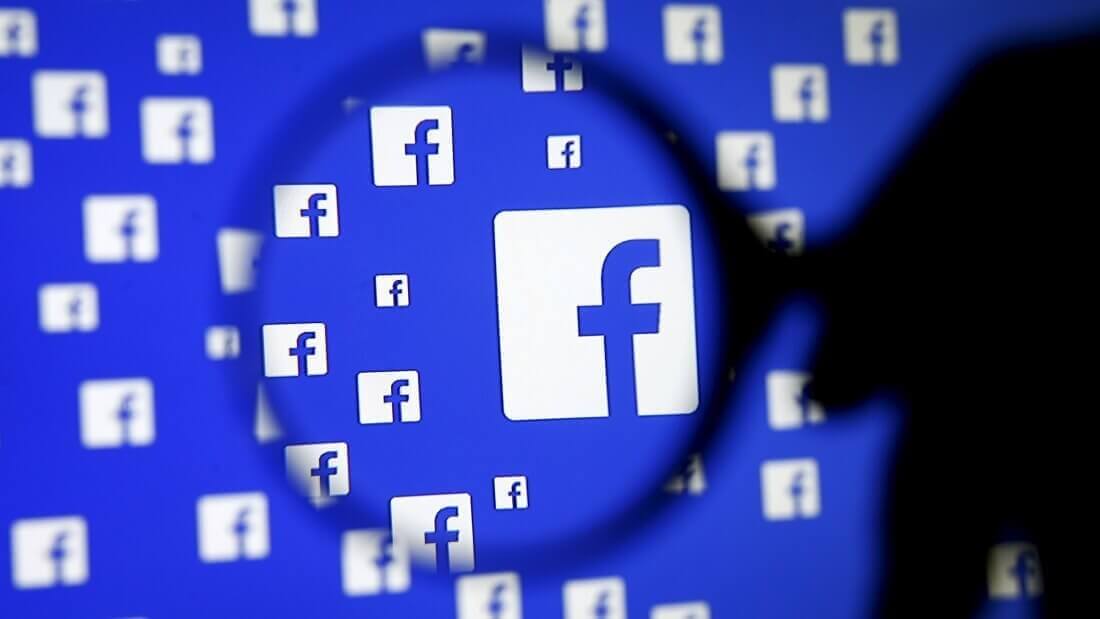In brief: An eleventh-hour change to the UK's Online Safety Bill will allow parents and coroners, suspecting a child's death is linked to online activities, to force tech companies to release the deceased's data, thereby assisting in investigations and providing potential closure to the families.
The amendment to the bill, which came on the last day it was being pushed through Parliament, will give UK communications regulator Ofcom the power to request information from tech companies on behalf of parents and coroners when investigating the deaths of children.
The requested information could include content that the children viewed before they died, as well as their other online interactions with others.
The Guardian reports the amendment was backed by Bereaved Families for Online Safety, which was started by a group of parents that include those of Molly Russell, whose death was linked by a coroner to viewing negative online content, and Breck Bednar, who was killed by a man he met on an online gaming forum.
"This is an important day for bereaved families affected by online harms," said Lady Beeban Kidron, who brought the amendment. "The government has promised to provide a humane route for bereaved parents and for coroners to access critical information at a tragic time."
While some social networks voluntarily hand over information to authorities following the death of a user, the legal powers forcing them to comply are limited.
In the case of Molly Russell, it took five years for investigators to secure her Instagram data showing she regularly viewed content related to suicide, depression, self-harm and anxiety. She took her own life at 14.
Sky News writes that Hollie Dance, whose 12-year-old son Archie Battersbee died last year in a prank or experiment gone wrong, said discovering new information could lead to investigators reopening the inquest into his death.
"If this goes through we'll be able to access every single thing Archie looked at. It may be that the internet had nothing to do with it but at least it will be one less question going around in my head," said Dance.
The negative impact social media can have on young people's mental health is well documented. It was highlighted in 2021 when Facebook whistleblower Frances Haugen revealed documents showing the company had spent years examining the effects Instagram has on younger users' mental health and was aware of the damage it could cause. We also saw Seattle's schools sue social media companies earlier this year for allegedly causing a mental health crisis among children.
